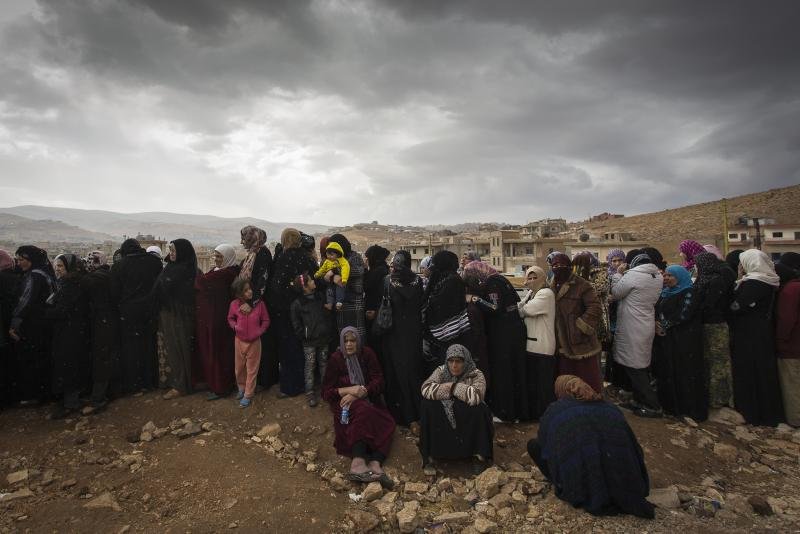As protests flare in the streets of Beirut every day, and the cost of living rises to levels that nearly half the population of the country cannot afford, experts and observers warn of the danger of a coup or civil war in Lebanon.
On March 23, Prime Minister-designate Saad al-Hariri gave up his attempt to form a new government, and publicly repudiated President Michel Aoun, saying the latter wanted to dictate cabinet membership and grant veto powers on policy to his political allies.
Lebanon has been without a government since August, and the value of the country’s currency has fallen to 13,000 to the dollar, from 10,000 to the dollar, fuelling nightmarish levels of inflation. Most of the country’s real economy is now functioning on the black market, local economists say.
The central bank no longer has reserves to purchase imports of subsidised wheat, medicine and fuel. Pharmacies, without medicines in stock, are closing in dozens across the country, which is ravaged by Covid-19 as well.
Danger of a ‘social explosion’
Political analysts warn of a potential social explosion.
“Sparked by the latest economic downturn, these demonstrations are far different from the jubilant pro-reform protests in 2019” commented analyst Mona Yacoubian of the US Institute of Peace.
“Propelled by popular desperation and anger, these protests could mark the advent of a longer period of unrest, chaos, even a social explosion across the country as conditions continue to deteriorate. Most concerning, Lebanon’s army chief has warned that the worsening economic crisis now threatens the viability of the security forces—the only functioning institution preventing all-out chaos across the country.”
The leader of Lebanon’s influential Christian Maronite church on March 20 warned that the country is facing the threat of a “full-fledged coup,” and called for an international conference to avert “chaos, hunger and oppression.”
His comments were widely seen as a veiled reference to Iran-backed Hezbollah along with the Free Patriotic Movement (FPM) and its founder President Michel Aoun.
Meanwhile, Hezbollah secretary-general Sayyed Hassan Nasrallah warned on Thursday against the danger of a civil war in Lebanon.
“There is information that some external and internal parties are pushing for a civil war in Lebanon. The awareness of the Lebanese people has prevented this so far, but the danger is still there,” Nasrallah said in a speech on al-Manar TV.
But the Hezbollah leader insisted that “Hezbollah has no intention to resort to its weapons in a bid to form a government or to deal with the economic and financial crisis.”
The International Monetary Fund (IMF) stands ready with a $30 billion relief package, but it poses the condition that a government of technocrats be formed that can address the issues in Lebanon’s plight.
Hezbollah apparently fears that such a government would lead to seeing its influence drastically reduced. As a result, it has resisted attempts to name a new cabinet.
A French diplomat said on Wednesday that Paris would resume putting pressure on Lebanese politicians to form a government that the IMF would accept.
But the country “is well past an inflection point. It is collapsing in real time,” Yacoubian noted.
.






Click here to change your cookie preferences